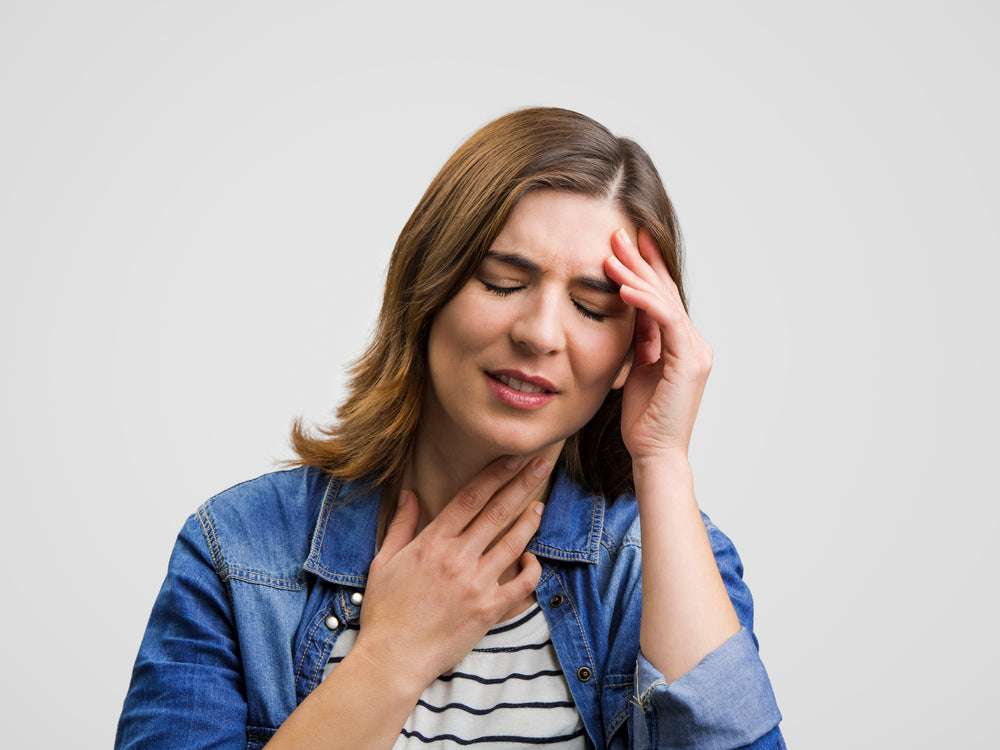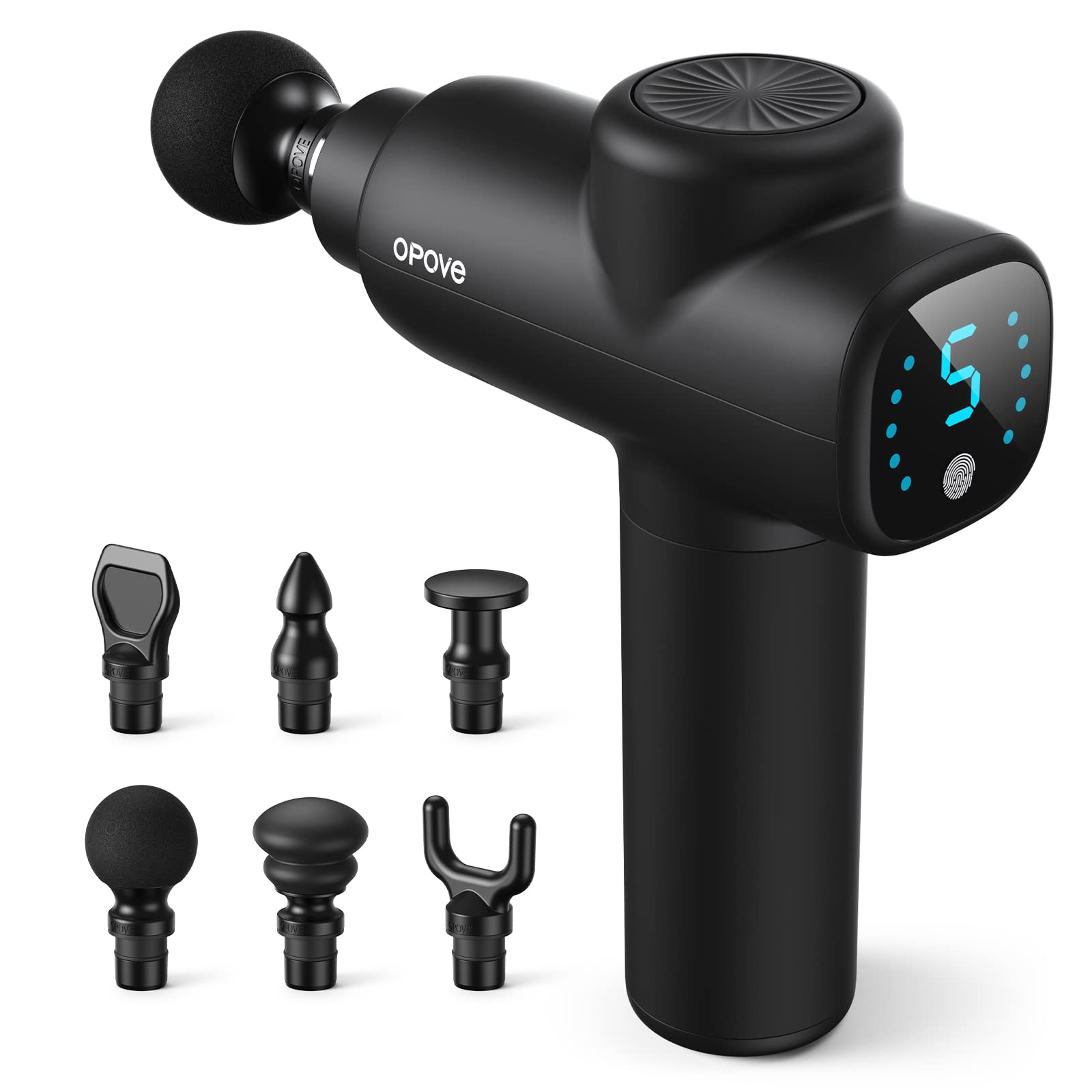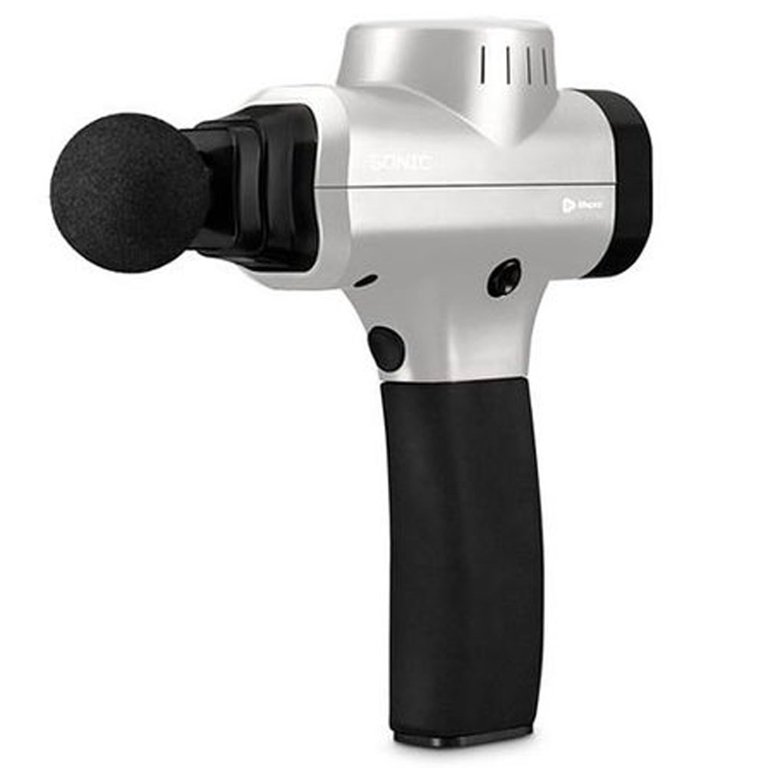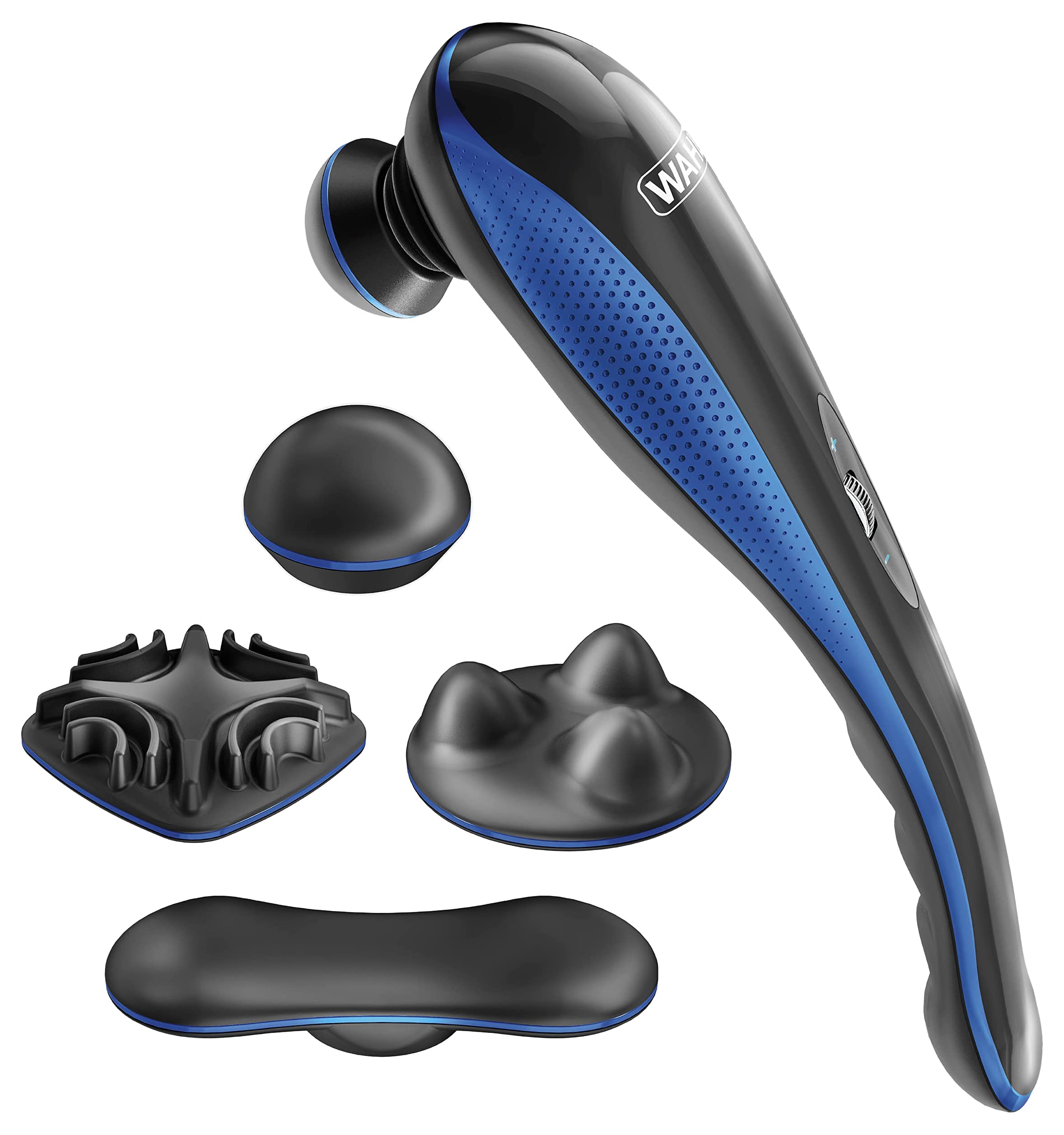Feeling ill after a massage is not uncommon and often indicates the release of toxins. It’s usually a temporary reaction as the body adjusts to the therapeutic effects.
Experiencing discomfort or sickness after a massage can be surprising, especially when you’ve invested in this form of therapy for relaxation and healing. Your body can react in various ways to the deep tissue manipulation that occurs during a massage.
This can range from headaches and fatigue to nausea; these symptoms generally mean that your body is expelling toxins that were released from the muscles. It is crucial to stay hydrated and rest to aid your body in the recovery process. Recognizing this as a potential post-massage effect can prepare you for your next session, ensuring that you take the necessary steps to minimize discomfort and maximize the benefits of the treatment. Always communicate with your massage therapist if you have any concerns or if symptoms persist.
The Surprise Of Post-massage Malaise
Imagine stepping out of a soothing massage session, your muscles tender and relaxed. The world seems serene. Suddenly, a wave of nausea hits. You feel sick, drained, maybe even a little dizzy. This is the unexpected reality for some after a revitalizing massage. It’s a condition often referred to as “post-massage malaise.” Why does this happen? Let’s peel back the layers of this surprising post-massage sensation.
Initial Exhilaration To Unexpected Queasiness
The journey begins with euphoria: Your body releases endorphins during a massage. These ‘feel-good’ hormones create an initial high. But what comes up must come down. As the body works to find balance, you might experience the flip side. Detoxification processes kick in, flushing out toxins. This can lead to feelings of sickness. Here’s what might happen:
- Nausea – as the body detoxes.
- Headaches – due to shifts in body fluids and blood flow.
- Fatigue – as your body channels energy into cleansing.
Prevalence Among First-time Massage Recipients
Those new to massage often report this phenomena. Your body may be unaccustomed to the deep work of massage therapy.
| First-Time Massage | Frequent Recipients |
|---|---|
| Higher chance of malaise | Body more adaptable |
| Less toxin tolerance | Better detox efficiency |
| Increased sensitivity to fluid shifts | Fluid balance more stable |
Hydration is key after a massage. It helps reduce adverse effects. Rest is also important to allow your body to recover.
Demystifying The Discomfort
Feeling sick after a massage can be confusing. Many feel it should be a source of relief and relaxation. Yet, some people experience discomfort. Understanding why this happens is key to embracing the healing process.
Body’s Response To The Release Of Toxins
When a massage therapist works on your body, they help release built-up toxins. These toxins have been trapped in your muscle tissues. When they are released, they enter the bloodstream. Your body then works to flush them out. This can lead to feelings of nausea or sickness. Staying hydrated is vital to helping your body recover.
- Drink plenty of water after your massage.
- Eat light meals packed with nutrients.
- Rest allows your body to heal.
Muscular Manipulation And Its After-effects
Muscle manipulation during a massage can lead to temporary discomfort. Your muscles may feel sore as if you had a heavy workout. This is a normal response as your body adapts and heals.
| Before Massage | After Massage | Following Days |
|---|---|---|
| Hydrate well | Continue to drink water | Light stretching |
| Avoid heavy meals | Eat simple, light foods | Monitor your body’s response |
| Communicate with your therapist | Take a warm bath if sore | Rest as needed |
Remember, feeling unwell after a massage is a sign your body is responding and adjusting. It is part of the journey to better health. With proper care, these sensations will pass, leaving you feeling rejuvenated.
Hidden Culprits: Dehydration & Diet
After a soothing massage, feeling sick is the last thing you expect. The culprits? Often, they lurk silently in the guise of dehydration and diet. Overlooking these crucial elements can turn relaxation into discomfort.
Importance Of Hydration Post-treatment
Staying hydrated is key after a massage. Your muscles just had a workout. They need water to recover. Imagine a sponge – when it’s dry, it’s stiff. With water, it becomes soft and flexible. Your muscles are similar.
- Water helps flush out toxins released during a massage.
- Hydrated muscles heal faster and hurt less.
- A lack of water can lead to headaches and fatigue.
Aim for at least 8 glasses of water post-treatment.
Effect Of Meal Choices Before And After A Massage
What you eat before and after a massage impacts how you feel. Heavy meals slow you down. Your body focuses on digestion, not healing.
| Pre-Massage | Post-Massage |
|---|---|
| Light, easy-to-digest foods | Nutrient-rich snacks and meals |
| Avoid spicy and fatty foods | Include protein for muscle repair |
Good choices are fruits, veggies, and lean proteins. These foods support your body’s recovery. They help you feel refreshed, not sick.

Credit: www.amazon.com
The Healing Crisis Phenomenon
Have you ever felt unwell after a soothing massage? It’s not as unusual as you might think. This response, known as The Healing Crisis Phenomenon, can actually signal positive change. Uncomfortable symptoms post-massage don’t always mean something’s wrong. They might point to the beginning of a deep healing process.
Short-term Discomfort For Long-term Healing
When your muscles and tissues get worked on, they release toxins. This release can cause temporary discomfort. Symptoms like fatigue, mild nausea, or headaches are common. These signs indicate your body is expelling what it no longer needs. It’s a temporary stage on your journey to better health. Think of it as the body’s way of cleaning house for a fresh start.
Body’s Natural Process Of Eliminating Impurities
Your body is well-equipped to handle impurities. After a massage, it goes into overdrive to get rid of toxins. This can trigger symptoms as it works hard to return to balance. Drink plenty of water to aid this process. Rest when your body asks for it. Symptoms usually fade within 24 to 48 hours, leaving you feeling refreshed and revitalized. Recognize this as a sign of your body doing exactly what it needs for your well-being.
- Stay hydrated – Drink water to flush out toxins.
- Rest – Give your body time to recover.
- Eat light – Choose gentle, easy-to-digest foods.
- Listen to your body – If symptoms persist, consult a professional.
Strategies To Alleviate Post-massage Sick Feeling
Feeling unwell after a massage can catch many by surprise. It’s often the result of toxins releasing into the body. Thankfully, there are easy steps you can take to feel better. Read on for pre and post-massage strategies.
Pre-massage Preparation Tips
Get your body ready for a massage with these simple tips:
- Stay hydrated – drink plenty of water before your session.
- Eat light – enjoy a small, healthy meal beforehand.
- Avoid alcohol – steer clear the day of your massage.
- Rest well – ensure you’re well-rested prior to your appointment.
Post-massage Care Must-dos
After your massage, follow these must-dos to avoid sickness:
| Step | Action |
|---|---|
| 1 | Drink water – flush out the toxins. |
| 2 | Rest – allow your body to recover. |
| 3 | Warm bath – soothe muscles with Epsom salts. |
| 4 | Listen to your body – take it easy for the next few hours. |
:upscale()/2021/09/24/657/n/1922153/tmp_PMFhaf_f2abf0f31ef30f78_GettyImages-1266940057.jpg)
Credit: www.popsugar.com
When To Seek Medical Advice
Welcome to the section on when to seek medical advice after experiencing discomfort post-massage. While most people associate massages with relaxation and rejuvenation, it’s important to be aware of how your body responds to the therapy. Knowing what’s normal and what’s not can help you make informed decisions about your health.
Identifying Normal Discomfort Versus Red Flags
It’s common to feel a bit tender after a massage. This mild discomfort usually fades within a day. But sometimes, feelings of sickness could be a sign to pay closer attention. Look out for these symptoms:
- Persistent pain that doesn’t improve
- Severe headache or dizziness
- Nausea that doesn’t pass quickly
- Swelling or stiffness that worsens
- Shortness of breath or palpitations
If you notice these signs, it’s essential to act.
Consulting Health Professionals After Massage Therapy
A professional’s opinion matters if symptoms linger. Who should you contact? Look at these options:
| Professional | When to Consult |
|---|---|
| General Physician | If symptoms are unclear and persistent |
| Massage Therapist | To report symptoms and seek advice |
| Physical Therapist | For pain and movement issues |
| Emergency Services | For severe or life-threatening symptoms |
Early intervention can help prevent complications. Trust your instincts and seek help if you feel it’s needed.
Frequently Asked Questions On Feeling Sick After A Massage
Why Do I Feel Sick After A Massage?
Feeling sick after a massage can result from the body releasing toxins, leading to nausea or fatigue. Ensure you stay hydrated to help flush out these toxins.
How Long Does Post Massage Malaise Last?
Post-massage malaise typically resolves within 24 hours. Rest and hydration can help alleviate symptoms more quickly.
Why Do I Feel Sick And Dizzy After A Massage?
Feeling sick and dizzy after a massage may result from deep stimulation releasing toxins. Stay hydrated to help flush these substances from the body.
What Happens To Your Body After A Deep Tissue Massage?
After a deep tissue massage, your body may feel relaxed and muscles often become looser. Blood circulation improves, promoting healing and reducing inflammation. You might experience soreness for a day or two. Drink water to help flush toxins released during the massage.
Conclusion
Feeling unwell after a massage can be disconcerting, yet it’s often a normal response. To minimize discomfort, stay hydrated, rest, and communicate with your therapist. Keep an eye on your symptoms, and seek medical advice if concerns persist. Remember, self-care post-massage is as crucial as the treatment itself for your wellbeing.



